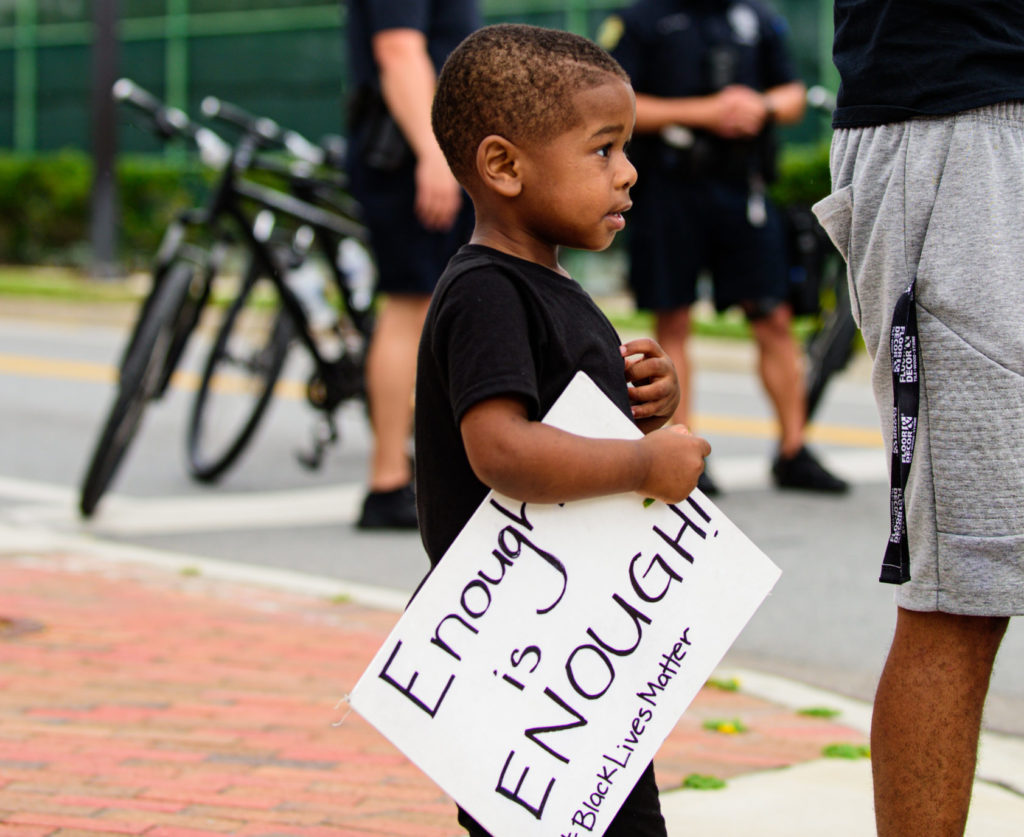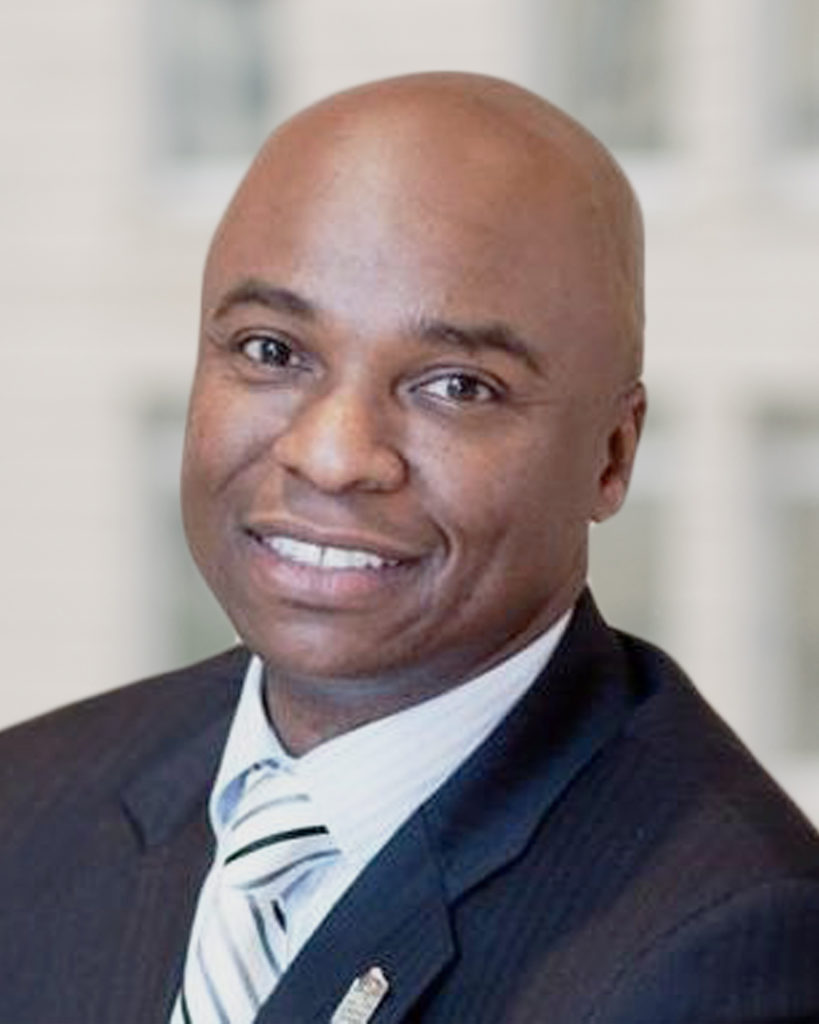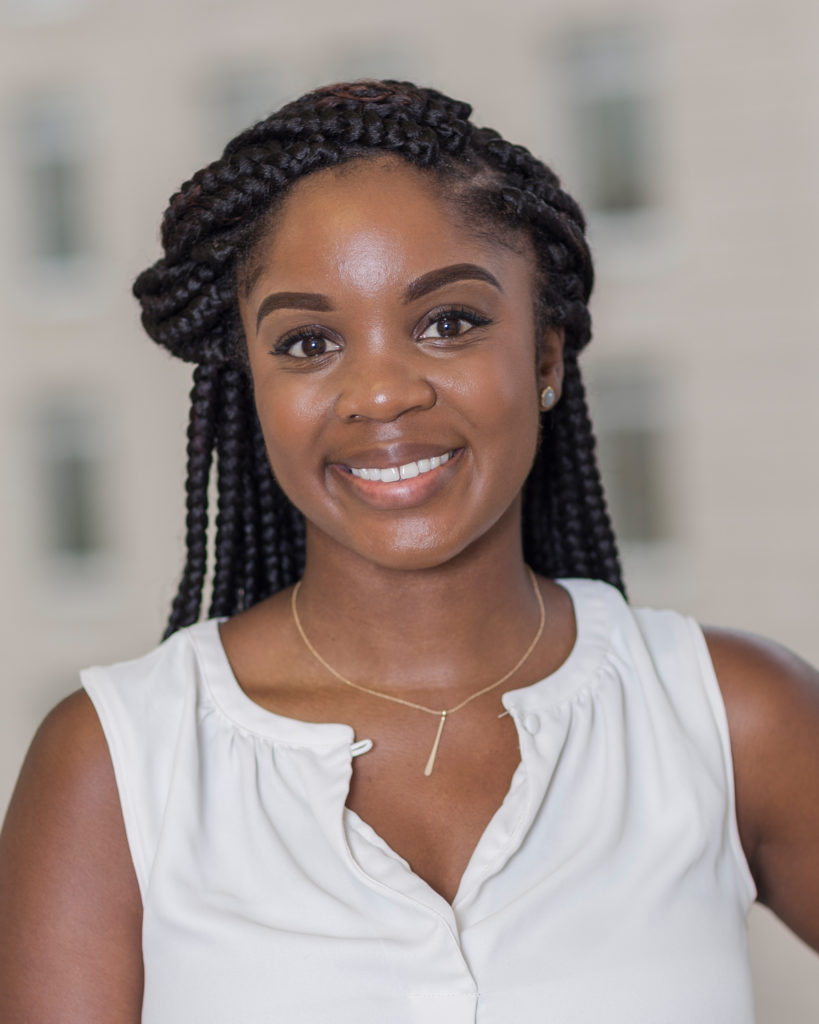Blog
Being with Family Is a Human Right: We Can’t and Won’t Deny It
Being with family is a human right. That’s where this article should end—with the common-sense fact that drives the work of A Second Chance, Inc. Yet, we are continually faced with people and policies that beg the reminder: Being with family is a human right.
It was Nelson Mandela who said, “To deny people their human rights is to challenge their very humanity.” Children have a right to be with their families and part of their cultural communities. To deny these rights challenges their humanity. But still, American families of color are routinely torn apart due to institutional racism within the child welfare system.
December is Universal Human Rights Month. Per the United Nations, “It is an opportunity to reaffirm the importance of human rights in rebuilding the world we want, the need for global solidarity as well as our interconnectedness and shared humanity.”
Family is a foundational, shared interconnectedness between all people; family is our shared humanity. However, in 2020, this universal human right is still challenged for Black and Brown families every day in child welfare systems.
In their exhaustive work to keep families together, Leonard Burton and Maya Pendleton, colleagues on the Systems Change team at the Center for the Study of Social Policy (CSSP), are not fighting to simply break down the racist child welfare system in order to rebuild it as one promising racial equity; they are fighting to abolish the system completely for the betterment of all children, families and communities.
ASCI: What is your experience working to reform and/or dismantle racist systems like child welfare?
Maya Pendleton: We’re very clear that this is not a reform movement. We are not looking to reform the child welfare system or even build a new child welfare system. We recognize there is a road to abolition, so there will be reforms along the way, but a big part of our work is identifying reforms that are not strengthening the system but are making it easier to abolish the system. I think a good way to think about this is that a lot of reforms are going to withstand the system, so we’re looking at reforms that are not going to strengthen the system, but give power back to the communities, in partnership with communities, with folks on the ground determined to identify what those reforms are.
Our role in abolishing the child welfare system is really amplifying the voices and demands of the people who have been doing this work. It’s joining with social workers, joining with people who want to reimagine what child safety, family safety, and family well-being means for families in communities, joining with community groups that have been doing this work, and really giving power back to the community. It’s contributing to the research that is not racist, but is lifting up the voices and experiences of the people who have been involved in these systems.
We’re focused on child welfare, but we do understand that these systems are overlapping. There’s an overlap with the juvenile legal system. There’s an overlap with immigration in some instances. There’s an overlap with the criminal legal system. A big part of our work is helping people make the connection between our prison industrial complex and policing state to the abolishing of the child welfare system. I think another big part of our work is understanding that, especially for black communities. They are impacted by the carceral system and at the same time, child welfare, and making those links between the need to abolish both of those systems and the ideology that contributes to the policing and regulating of families and children.

ASCI: Do you also focus on the school-to-prison pipeline?
Leonard Burton: Absolutely. There’s some research and data suggesting that if a child isn’t on grade-level reading by third grade, their chances [of going to] prison are exponentially higher. What we know in child welfare is many of the young people who go into foster care placement, group homes, etc., their school stability gets disrupted when the removal takes place. It is a traumatic experience in and of itself to be removed from your family of origin and placed into stranger care. Now your executive functioning as a child is disrupted by the emotions and trauma experienced. Therefore, as they don’t reach these certain milestones, young people are funneled into more restrictive environments, starting from group homes to juvenile probation, then juvenile detention, then private and public prisons.
We want to disrupt all of that. That’s part of our role. We do that in concert with people with lived experiences, people from the community, faith-based organizations, advocacy organizations who believe in a beloved community. And, “What does a loved community look like? What does a whole community look like?” is what we’re trying to lift up as opposed to this idea that our black and brown communities are dysfunctional.
ASCI: There has been a push to remove policing from schools. Do you think there are ways we can do this within our communities?
LB: CSSP actually put together a proposal about school resource officers, school police. Part of it is, we live in this society that continues to talk about law and order, but what society is really talking about is controlling black bodies and demanding that black bodies act a certain way. Starting from slave patrols in this country that turned to police departments, they still exist. You go from slave patrols, to Jim Crow, to current-day practices. It is all about controlling black bodies and demanding we act a certain way. There’s no box to put black people in.
The school resource officer, law enforcement that’s in school, is just an extension of slave patrol and controlling black people in different social structures. Schools are just another social structure that the white dominant culture wants to control. You think about a black child who’s in his community and seeing enough of what police do to black children on a daily basis in the community. Then, you walk into this place where you’re supposed to learn and be taught, and you see the same people in the same uniform in your school. How are you going to learn when you see this person as someone who kills black bodies?
MP: A big part of this work is changing the narrative. Really, it’s truth-telling. It’s the fact that police don’t keep us safe. So, as long as we keep the narrative of “police are keeping us safe, therefore we need them in schools to keep kids safe,” we reach a different conclusion that perhaps police belong in schools. A big part of this work is saying that policing does not keep us safe, and policing in this country is inherently anti-black. Therefore, there’s not a place for officers where children are. [Children] should feel safe. They should feel affirmed. They should feel loved.
Similar to child welfare, a big part of the work is changing the dominant narrative. Even the name “child welfare” is more accurately described as “family policing.” It’s changing the narrative that these institutions and systems are not keeping us safe. They are functioning as intended, and that is to control, regulate and terrorize black communities.

ASCI: What is the upEND Movement?
MP: The upEND Movement is, plainly, the movement to abolish the separation of children from their families, abolish the foster system and abolish the child welfare system. It was created in partnership [between] CSSP and the University of Houston Graduate School of Social Work. We’re two organizations that have a lot of power in the field, a long history in the field, and we take that seriously. That means that while the movement is homed with CSSP in Houston, it is not a movement dictated in any way by our sole priorities. This is made to be a movement that is meant to be, beyond collaborative, a movement [where] the priorities and demands [are] being led by communities, by children and families who have been impacted, by organizers and community groups who have been doing this work longer than we have. We recognize that we’re joining a movement. So, upEND might be new, but the movement to abolish family policing is not new.
With upEND, we’re really looking at dismantling the child welfare system but also within that, dismantling racist policies and practices that disproportionally harm black, native and Latinx children, youth and families. We’re looking to reimagine the way that we think about, “What does it mean to care for children and families?” The child welfare system sort of has this age-old way of…what I would say is “not care”…but policing children and families. What we’re doing is, we’re taking that and reimagining, “What does it mean to actually care about communities, actually care about children and families?” We’re looking to combat racist research and also create anti-racist research, because we know that so often in this field, research propels policy, arguments control what gets funded. What we know is that so much of child welfare research has been so racist, has called black families pathological. The time is overdue to stop destroying black, native and Latinx families, so that is our focus.
LB: We are not interested in rebuilding a system. What we are interested in is creating a society where children are not forcibly removed from their families, where children and families are supported by society. That’s first and foremost what we’re after. What we’re doing as a part of this upEND Movement is suggesting that there are policies, practices and research that are inherently racist, that build and maintain this system. We need to identify what those policies, practices and research are and call them out for what they are, then reimagine different practices, different policies and more anti-racist research that help support and keep families and communities whole.
MP: Again, it’s really important to us that these priorities and demands are coming from the communities. So, [at] upEND CSSP and Houston, we are never going to say we have all the answers. It’s important that this is led and driven by people. There are some practical, very simple things we can agree on, like the fact that foster parents are given money to take care of kids when so often, kids are removed because situations of poverty and neglect. So, why are giving other people money to take care of someone else’s kids when families could be provided with income and resources to take care of their children?
I think the other thing to remember with abolition is abolition cannot happen in a silo. We’re trying to transform the society we live in. We are trying to suggest policy solutions where families aren’t living in poverty, where families aren’t being evicted, where families aren’t homeless, where people have non-coercive mental health and drug treatment programs. [We’re] really looking at, “How do we transform society? How do we abolish white supremacy? How do we get rid of the society that creates a system like the child welfare system?” I think Ruth Wilson Gilmore says a lot, “The goal is to make prison obsolete,” and we take that to child welfare. The goal is to make the child welfare system obsolete. We want to create the condition where there is no need for a child welfare system anymore.
We believe children can and will be safer and healthier when they are with their families and families and their families and communities have what they need in terms of income, housing, food, relationships, connections, and other resources. Despite years of working to reform child welfare, we know that children are still not safe and not thriving when they are removed and placed in foster care or worse congregate care.


I just wanted to say that I worked, at the beginning of my career as an attorney, representing parents accused of abuse and neglect, and the things said by Mr. Burton and Ms. Pendleton couldn’t be more true. I am so moved and inspired by their direct and clear calling out of this terrible racist system that, in my opinion, is responsible for so much violence, mental and behavioral health issues and displacement within the African American community. When I was a brand new attorney, my job was to go down to the waiting room in the courthouse – a giant, echoey room where parents assigned to four different courtrooms waited for the cases to be called – and meet with my clients so that I could defend them. It was immediately visible and horrifying what was going on. It was a giant room full of African American faces filled with fear, despair and trauma. I have never in my thirty-year legal career since then seen such a stark representation of white society tearing families apart. And, what’s more, most of my clients were African American women who suffered from substance abuse – why? Because when they were young, they were removed from their families, raped by their foster families and descended into drug use as a way to cope with the rape and violence they suffered at the hands of the people who were supposed to help them. This was a true story for all of my clients. Every. Single. One. Abolishing the child “welfare” system cannot come soon enough. Thank you for your critical work.